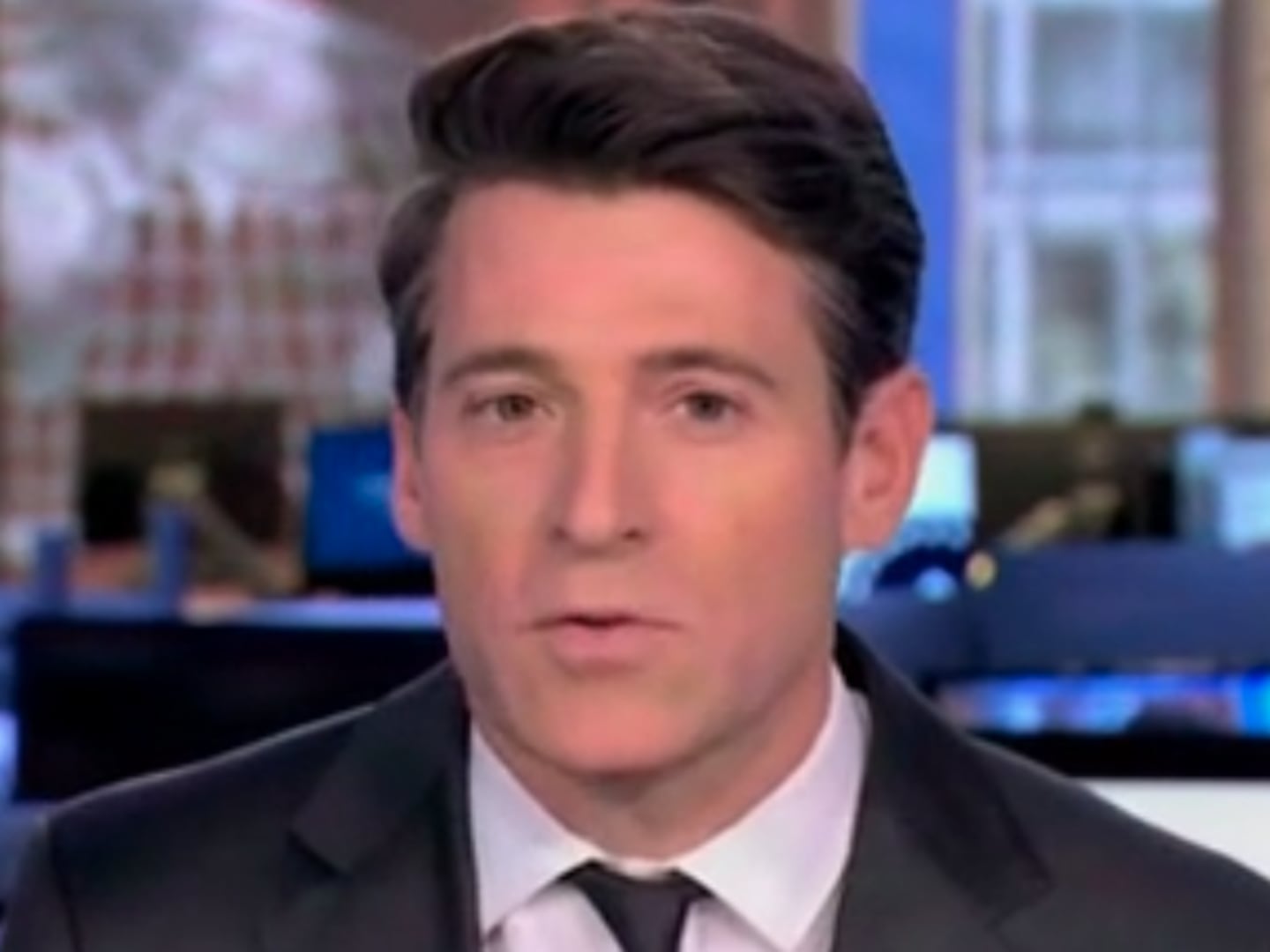Iran launched an attack on Israel Saturday that was apparently designed by Iran to be both dramatic and ineffective.
It was dramatic, because in the long decades of enmity between the two countries, Iran had never directly launched an attack from Iran against targets in Israel. But it was also deliberately ineffective, employing tactics and utilizing weapons that were almost certain to be stopped by the sophisticated air defenses of Israel and its allies like the United States.
Israeli and U.S. reports indicate that the vast majority of incoming Iranian weapons were neutralized.
The Iranians indicated the aerial bombardment was their response to Israel’s attack on Iran’s consulate in Damascus two weeks ago that killed two senior Iranian generals.
However, shortly after the onset of the attack, Iran also sent an official message that it was their hope that the attack can be the end of it—quid pro quo for the consulate attack—and said as much in an official statement. Their words were: “The matter can be deemed concluded.”
However, they do go on to say, “should the Israeli regime make another mistake, Iran’s response will be considerably more severe.”
In short, while Saturday’s onslaught may have been more messaging than attack, how it is received by the Israelis will determine how damaging it really becomes. That is why in the days ahead the focus of the Biden administration and the international community will be on persuading Israel not to enter an escalatory spiral that could plunge the entire Middle East into the kind of region-wide war that it has managed to avoid in all the years of unrest and conflict it has seen.
The Biden administration closely coordinated with the Israelis and with other regional powers and helped orchestrate an unprecedented defense of Israel that reportedly included the active involvement of the U.S., the U.K., and regional actors like Jordan.
That Israel’s neighbors, like Jordan, intervened to help defend it could be another of the most significant developments that came out of the unprecedented direct attack on Israel from Iran—and one that sent a strong signal to Iran that in the new Middle East, they were largely isolated.
The Biden national security team—which met at the White House Saturday, after President Joe Biden returned from his vacation home in Delaware because of the deteriorating security situation in the Middle East—mobilized U.S. assets across the region to help defend Israel. Biden stated via Twitter that the U.S. “commitment to Israel’s security against threats from Iran and its proxies is ironclad.”
While Biden has received criticism, including from me, for his unwavering support of Israel despite the horrific devastation it has wrought on Gaza, administration officials have noted privately to me, that support was partly because the U.S. remained concerned about the threat posed by Iran. The attack today was a demonstration of what they were concerned about.
Donald Trump, predictably, posted on his Truth Social site, “ISRAEL IS UNDER ATTACK! This should never have been allowed to happen—This would NEVER have happened if I were president.” Of course, Israel has been under attack by Iranian proxies for decades and during Trump’s time in office, in the wake of the U.S. killing of Iranian General Qasem Soleimani, Iran did launch direct attacks on U.S. troops stationed in the region.
Trump’s hypocrisy is compounded further by the fact that it was he who pulled America out of the Iran nuclear accords which, in turn, have enabled Iran to significantly advance its nuclear capabilities. In the words of a recent Washington Post piece, “experts fear that a bomb could be a short dash away.” Furthermore, of course, Trump is a prominent serial supporter of the Russian regime that is Iran’s most important international ally. Not to mention the fact that during Trump’s first year in office he revealed to Russian officials highly classified Israeli intelligence.
Given the incredibly precarious global situation we face at the moment, and the degree to which Trump and his allies have made it even more dangerous, and given the experience and cool heads of Biden and his team, the U.S. and the world are lucky that the current administration is in power.

A Marine stands outside the West Wing of the White House as President Joe Biden meets with members of his national security team after Iran said it launched dozens of attack drones at Israel on April 13, 2024.
Bonnie Cash/ReutersThat is doubly true given that Israel—America’s ally under attack from Iran—is led by a man of profoundly questionable judgment.
Benjamin Netanyahu didn’t just leave Israel vulnerable to the Oct. 7 attacks while propping up Hamas—the terror organization that committed those attacks. He subsequently oversaw the monstrous Israeli invasion and destruction of Gaza, a situation which remains profoundly precarious for the starving residents of that narrow, devastated strip of land. And he okayed the Israeli attack on Iran’s consulate in Damascus which triggered Saturday’s aerial attack on Israel.
Even many Israelis consider his behavior consistently reckless and dangerous. (Here’s a good analysis, well worth reading).
Netanyahu has long been an extreme Iran hawk, and Iran’s backing of Hamas isn’t the only reason its gotten more extreme. Prolonging Israel’s current emergency is in the Israeli Prime Minister’s interests—for a number of reasons. And polls among Israelis indicate little support for Bibi staying in power “after the war”—whenever that is.
That is a disincentive for Netanyahu to embrace the kind of cooling off period with Iran that is going to be a top priority for the U.S. and the international community.
Expect the Biden team to work hard, along with its allies, to seek to stop further regional destabilization and potential escalation. If Saturday’s action can also be used to motivate the MAGA Republicans in the House of Representatives to release aid not just for Israel but also for Ukraine, that could be helpful advancing our interests in what is now effectively a two-front conflict between the U.S. and its allies and Russia, Iran, and their friends.
Facing such a two-front proxy war makes this situation as dangerous as any the world has faced since the end of the Cold War.
For the U.S., it is made all the more complicated by the stark differences between the two major parties. President Biden’s party clearly supports America and its allies, while Trump and the GOP have been doing work on behalf of the other side for many years now.









